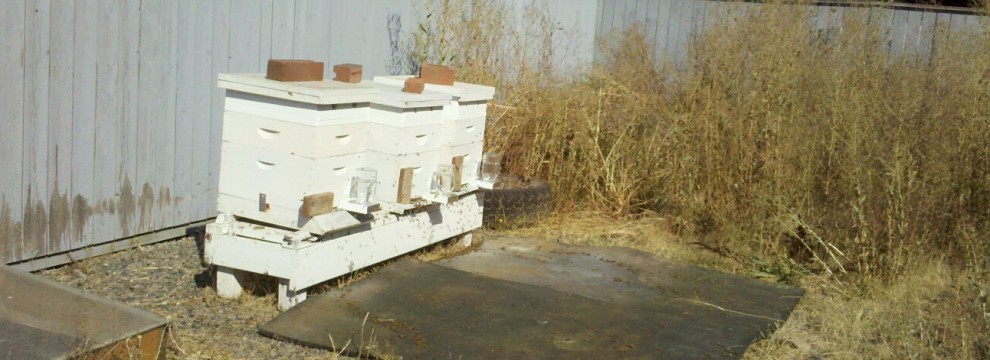I would like to see more on varroa treatments and times, and when hives died, my two large ones were early spring 2016, one was varroa and other I think queen was gone.
Response: After I have chance to summarize and report data I seek to find those responses that might need further explanation or more information. More on varroa treatments and timing is one of those. In interim you can find some good information on this in the Honey Bee Healthy Coalition Tools for Varroa management (http://honeybeehealthcoaliton.org/varroa) Download is free. Thanks for your comment.
